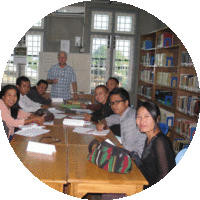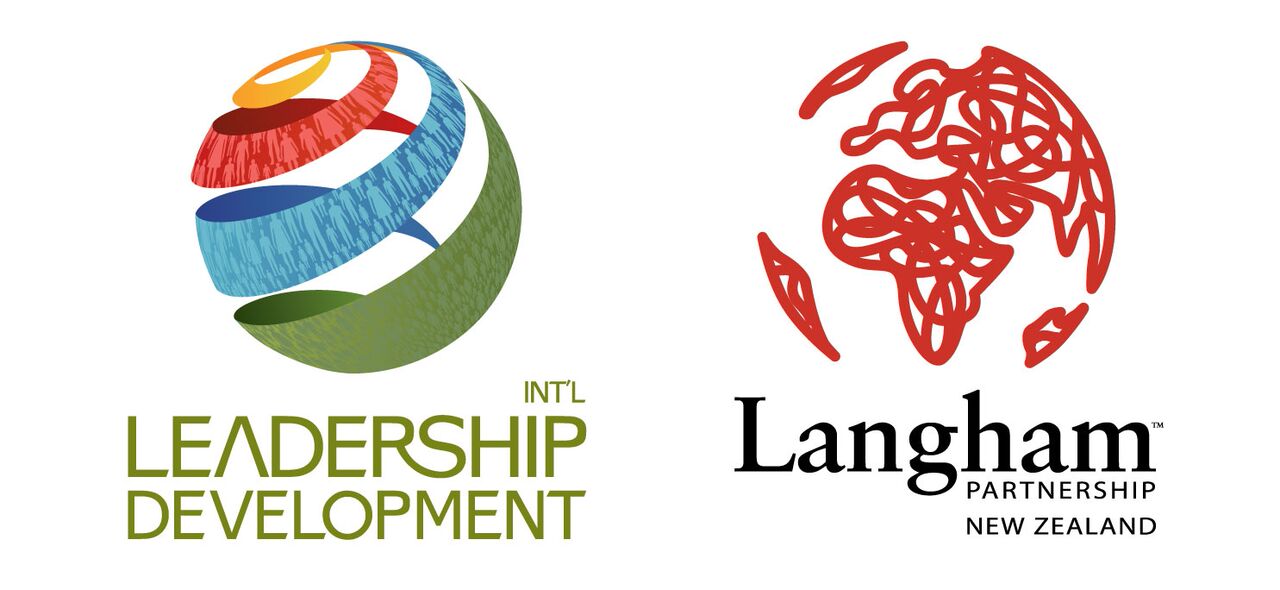
“Bring me my books,” said Paul. Actually his request was for his “scrolls” and “parchments” (2 Timothy 4:13). In today’s vernacular: books. It is an instructive insight that Paul – apostle, Church planter, evangelist, Christian leader – so valued written documents.
The same plea came from the leaders of the local Bible schools and colleges. “Bring us books! Christian books.” This from Buddhist Burma! Today’s Myanmar.
Sacrificial, pioneer missionary work over tough terrain and a resistant animist culture a century ago brought a whole people to faith in Christ. Today the Chin tribe of over two million is largely Christian. And adjacent to the Chin State, in the “frontier town” of Kalaymyo, with migrant Chin significant among its half million inhabitants, has emerged a plethora of Christian institutions.
Local homes proclaim the faith of its occupants with biblical names or verses: “Ebenezer,” “Jehovah Jireh,” “Zechariah 4:6,” “John 3:16”. And then, for the discipleship, training, and equipping of their offspring, there are tertiary colleges. Many! Very many! And from their leaders came the cry for books.
High barriers demarcated the schools! Denominational barriers of suspicion. Inter-tribal barriers of rivalry and doubt. Personal barriers of status, separatism, sectarianism, and imperialism. Low standards were the norm. Stale lectures and rote learning prevailed. And following the Buddhist educational philosophy, pervasive also in Christian circles, to copy and recap exactly the words as taught was to greatly honour the teacher. Completion brought a diplomas or degree.
Books? “Yes! Okay! But with a condition! Cooperate!” There would be a library, but only one. Colleges must share it. Greater English competence for the students would be needed. Teaching standards must be raised. Could the barriers be breached? Local consensus was positive.
“Make it happen!” LeaDev-Langham brought us our modest mandate. If the Lord builds the house it will endure. So began a journey now into its seventh year. Eighteen schools entered into a consortium. Training was inaugurated for the local teachers of English and their competency upgraded. English courses were expanded increasing student capacity for reading and biblical understanding. “Student abilities are outstripping ours!” said the faculty. “When are you going to help us?” So for them a fortnight’s inter-semester English intensive was established.
Yes, books! Despite early restrictive censorship of Christian literature, by means quiet and curious, books arrived: Bible commentaries, theological resources, and aids for equipping pastors, missionaries, and church planters. Now over 4,000. But to where to house a library? Suitable premises were found, leased, renovated, made secure, and classroom space equipped.
A negotiated constitution provided opportunity for cooperation and levels of membership within a Kalaymyo Consortium of Bible Colleges (KCBC). Pedagogical seminars deepened the faculties’ understanding of the processes of learning and teaching. Some combined upper level classes further enrich students. The Lord is still building.
It is through the endeavours of God’s volunteers that the work proceeds. It is because of folk like Jim that renovations can occur, or Wendy that English is taught, or John that students learn about Christian leadership, or others who give time, money, and abilities to enable the less privileged of God’s people to also be equipped to serve the Great King in His Kingdom. That’s a great partnership!
Rod Edwards trained as a primary school teacher, taught in Taranaki, studied at BTI (now Laidlaw College), and Auckland University. He was student dean and lecturer in Christian education at the Bible College of NZ and following doctoral studies in education became HOD of practical theology. Post retirement he has consulted and lectured at CLTC (PNG), MEGST/KCBC (Myanmar), and SAIACS (India) as part of LeaDev-Langham’s Short Term “Adventures” for Kiwi Consultants. A widower, he has two adult children and three grandchildren. He is an elder at Massey Community Church, Auckland.
